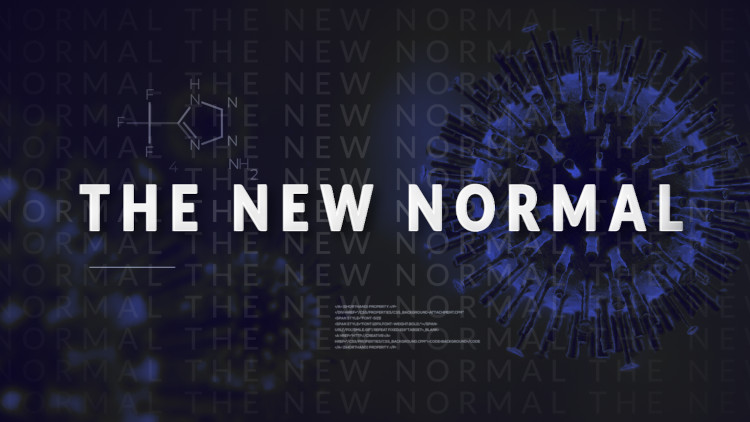Headlines
No Mask; No Entry: Nigeria And Mediocrity — Ganiu Bamgbose, PhD

One feature of “the new normal” is the constant use of face masks. This act is one of the measures put in place to curb the spread of COVID-19 globally.
Characteristic of Nigeria and Nigerians, this gesture has become a mere custom which serves no sincere cautionary purpose.
The use of face masks in Nigeria today is a reflection of our lip service culture where we prefer to create impression than make an impact. Many organisations in the country are expectedly strict with the face mask condition of entry just at their gates.
No plea will get you into a building without a face mask; but, of course, you can remove it immediately you are in. This makes one wonder if COVID-19 is only contracted by the door.
The New Normal
Mediocrity is the quality of not being very good. It is primarily about being average or settling for less. At the individual level, if you refer to someone as a mediocrity, you mean they do not possess the technical-know-how or expertise for their professional engagements.
A nation exhibits mediocrity when such nation is excellent at policy formulation but handicapped at implementation. Many a time, Nigeria as a country and Nigerians as a people exhibit the attitude of averageness through disregard for protocol, promises and pronouncements.
Eye-service dedication to responsibilities on the part of the government and insincere obedience of laws and orders by the citizens are critical problems threatening the greatness of the country. There are no strong realistic provisions for holding public office holders accountable for their electoral promises and citizens too only abide by laws when it is convenient or when under the surveillance of law enforcement agents.
A typical Nigerian would preferably cross the highway than use a footbridge when no law enforcement officer is seen around. Seat belts are hardly seen as safety measures but just as what to do in order not to be arrested on highways. Research is primarily a condition of promotion for many Nigerian academics than being an intellectual exercise geared towards the development of the country and the world at large.
School in Nigeria, as aptly described by James Elliot, is where children go when their parents go to work. A functional education which prepares people for societal relevance is not the hallmark of the Nigerian educational system. Going to school is made to look like the only way to succeed even when basic education ends in JSS3 or Basic 9.
Basic education endows young people with literacy and numeracy skills after which a school counsellor or parents help them decide if they should proceed to a senior secondary school if they are more mentally active or whether to proceed to technical schools if they are more vocationally inclined. Education, like many other things in Nigeria, is not achieving its essence of producing productive young people because its intent is not well entrenched.
Overall, what we find in the country is a systemic failure, which can be explained as a failure across all levels of existence. It will be nice to round off this piece with the story of a man who was determined to change the world at 40 years.
When he clocked 40, he realised he could not achieve his goal and promised to change his own country before being 60. This, too, he could not achieve and he decided to focus on his state with the hope to bring about a transformation before being 70.
When he failed at this again and promised to do his best to affect his immediate environment before his 80th birthday, his final failure at bringing about any significant change at the grassroots made him conclude that he should have concentrated on changing and making himself a better person.
If as individuals, we all diligently do our little bits in the society, Nigeria will, in no time, become our dream country. Together, let’s say NO to mediocrity.





